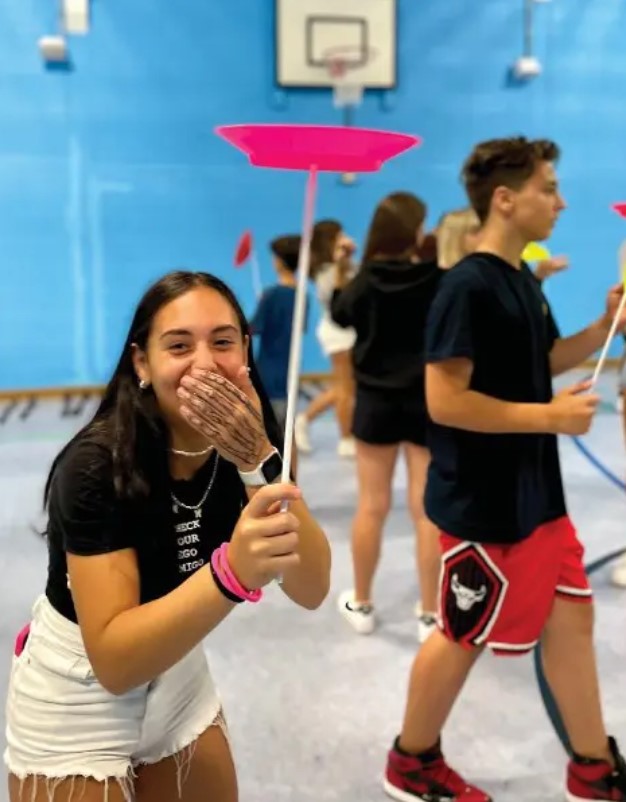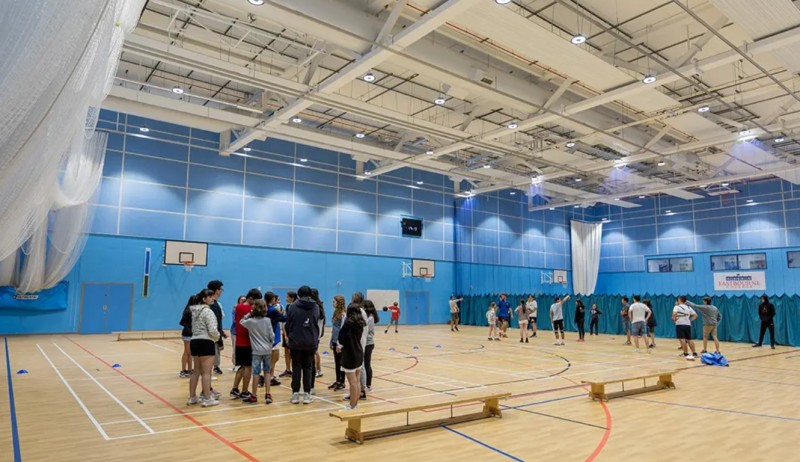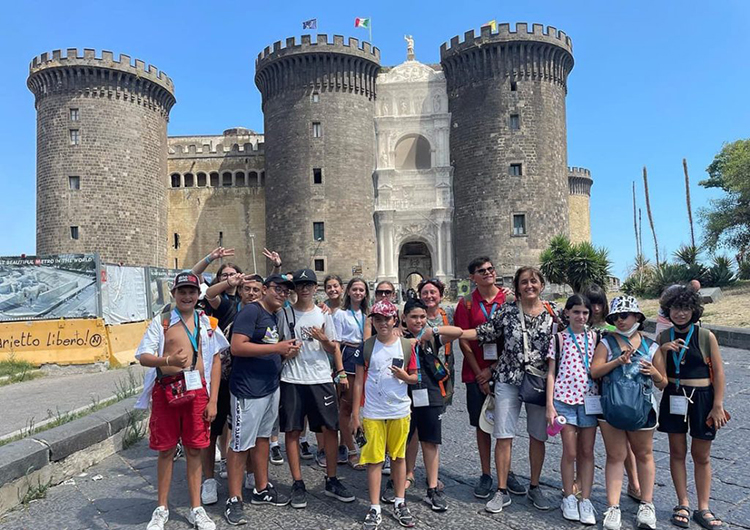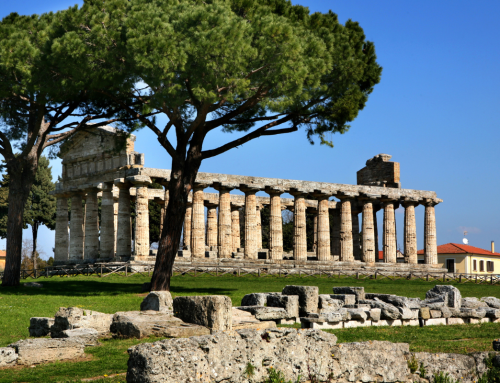Discover the world and enrich your cultural baggage, coming into contact with international language schools and with students from all over the globe. In two words, study holidays.
The group study holiday formula is highly appreciated by children of all ages. In fact, it allows you to learn, or perfect, a foreign language through fun and exciting experiences.
Engaging by definition, it is an educational experience that guarantees full linguistic immersion, taking children to a foreign country to learn the native language.
And if in most cases the language is English, the more structured study holiday agencies also offer solutions for studying German, French, Spanish, etc.
Regardless of the destination, the goal of the agencies that offer this kind of experience is to offer children unforgettable trips.

This is why the excursions and activities offered may vary, even significantly, depending on the specific travel package.
On the other hand, what tends to remain constant is the organization of group travel, which in addition to guaranteeing linguistic and personal growth, puts the kids in a position to travel with maximum safety.
Yes, because organizing a group study holiday always requires the presence of a group leader. Figure who undertakes to provide participants with all the support they need on site.
Not to mention that, by choosing the most authoritative realities in the sector, parents and children can count on the reliability of highly qualified agencies, which rely only on qualified language centres.
Group and group leader: how a group study holiday is organised
Study holidays planned by competent and specialized agencies in the sector always include a group leader. It is a teacher who accompanies the kids on the road since their departure from Italy.
The relationship with the students taking part in the study trip is maintained throughout their stay and until they return home.
His role is both supervisory and supportive. Because in addition to helping the kids find their way around lessons, excursions and various trips, the group leader is at their disposal to manage any difficulties: from health problems to buying a public transport ticket.
Students can count on him every day, 24 hours a day. And obviously this teacher accompanies them on every excursion and guided tour of monuments and cities.
The only time when the group leader is absent, when the students are not at their lodgings, is during the language lessons.
Although the group leader is required to have adequate knowledge of the language spoken in the destination country, the study hours are held in the presence of only native-speaking teachers.
The didactic part of the group study holidays is in fact entrusted entirely to the local language centres, where the lessons are held and which issue any certificates of participation to the students.
But how is the group of participants in the study holiday made up? Study holidays generally involve relatively small groups of students, with a maximum of 15-20 participants.
The reason for this choice is to ensure that the children are adequately followed both in the classroom, during the language lessons, and by the group leader.
In case of too numerous groups, in fact, the chaperone could have difficulty in providing the right assistance to all the children.
As for the origin of the students, it is common practice for the travel agency to bring together students from the same area in the same group.
So as to organize travel as comfortable as possible for all participants.
Lessons and excursions for a full linguistic immersion
Although it is common practice to create groups of students of the same age, once they arrive at the target language centre, the children are divided into classes on the basis of their skills.
In fact, the first lesson includes a language test, aimed at dividing the students into small groups so that the native-speaking teachers can concentrate on the specific needs of each individual student.
Depending on age and language level, basic courses are available for elementary school children, intermediate courses for middle school students and advanced courses dedicated to high school students.
The lesson hours are generally 15-20 per week and the proposed activities aim to enrich the vocabulary, stimulate the conversation skills in the language, increase the children’s confidence.

Not just lessons. Children also learn the language through excursions and other free time activities.
In fact, group study holidays include recreational moments that see the presence of the group leader and the activity leaders: native speakers who refer to the target language institutes and who propose fun and engaging initiatives.
From volleyball tournaments to basketball matches, up to trips to discover the surrounding area.
Generally, group study travel plans include both half-day excursions and full-day outings.
The destinations of these trips are the cities close to the place where the children are staying. Activities in this case include visits to castles, cathedrals and museums. Always with the presence of the group leader.

And for the evening? Study trips can include dancing nights, original language films, themed karaoke nights and even Murder Mystery Nights!
College, family and hotel: all the accommodations for young people on the go
One of the issues that generally worries the parents of children who leave for a group study trip is accommodation. In this sense, the most popular options are three:
- College: this category includes both university and school residences, suitable for high school students, and boarding schools reserved for younger children. In the first case the rooms are generally single and with private bathroom. In the second, the bedrooms usually host at least two students and the bathrooms are shared. The facilities offer children internet connection, laundry services, common areas, etc.
- Family: it is the perfect accommodation for children aged 13 and over. Unlike the other options, it allows students to experience the daily life of a family with a different culture from their own. However, it also requires a certain autonomy in travel, because it is often necessary to use public transport to reach the institute where the lessons are held.
- Hotel: it is a solution contemplated only for study holidays organized in places with a great tourist appeal, but where colleges are practically non-existent. A case in point is Malta. This type of accommodation is not recommended for younger children, but is definitely suitable for high school students.





